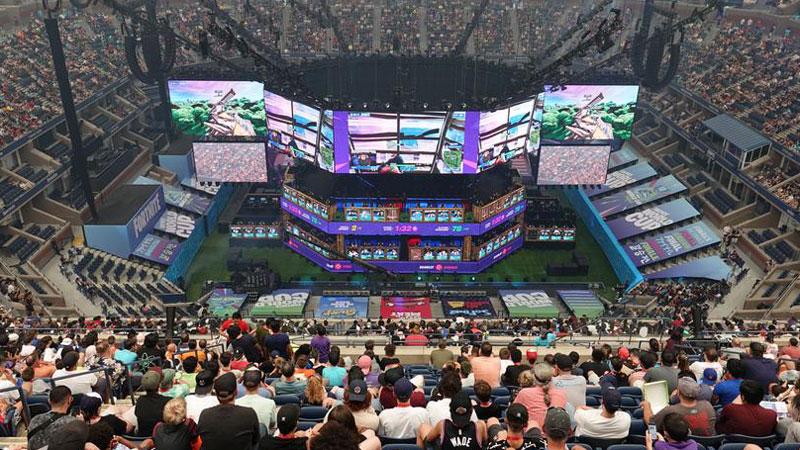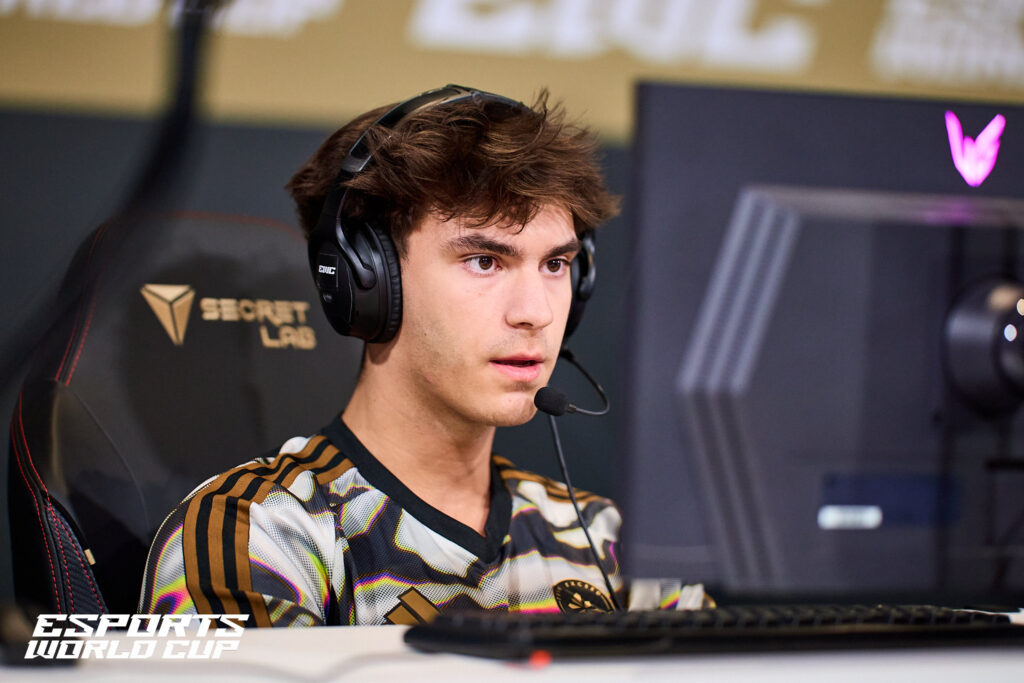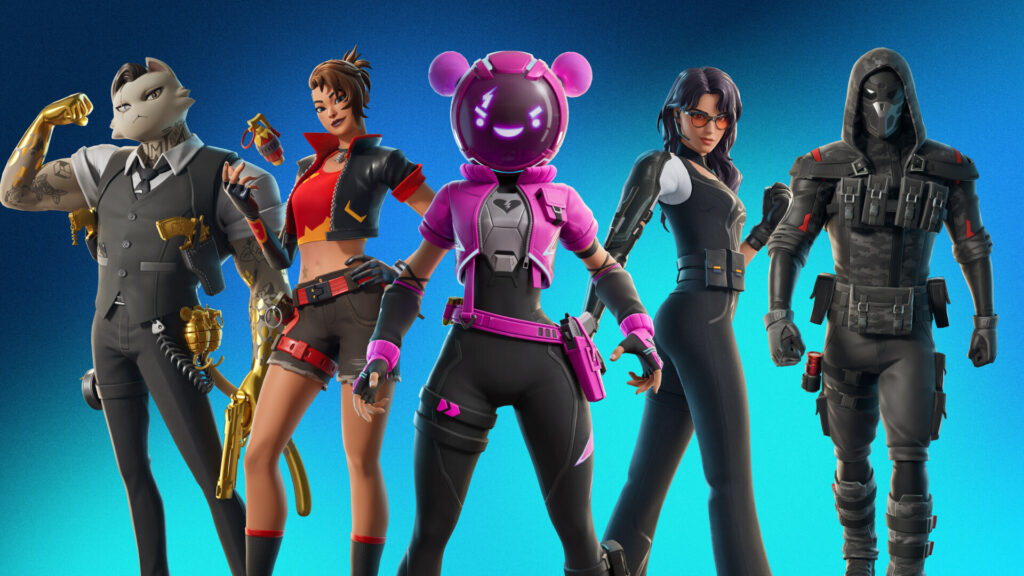The Fortnite World Cup and its successful streaming
Since its appearance on the scene of the Battle Royale format games exactly in September 2017, Fortnite has overshadowed all other contenders for the title of the most popular online game. And not surprisingly, this trend peaked during the World Cup in New York. To estimate the success of this event it is enough to consult some statistics.

© Benedikt Wenck | DPA
First, the finals, held July 26-28, generated 5.6 million hours of live viewership on Fortnite’s official YouTube channel, and another 4.5 million hours on its official Twitch channel. –This without counting other platforms, such as Facebook, Mixer, and Caffeine.
-
Read also: Ninja moves from Twitch to Mixer
All this success had a direct impact on the prize that would be distributed among professional gamers, waving up a total of 30 million dollars that were disputed among the 100 participants of the tournaments in solitary and couple formats.
In addition to the event of creativity, that took place on July 26 which being another story also rocketed the game’s exposure a lot.
But, how did this impact gaming?
Just as a boxer who loses a fight still makes good money, star players with a lot of expectation, such as the case of the streamer “Tfue”, could boost their earnings without actually winning. In his case, unfortunately for his followers, or anyone who held a bet in his favor, he barely reached 67th place in the solo event, although this did not prevent him from winning about $50,000.
In addition, he holds the record for the competition after generating 2.3 million hours of a live audience during week 7 of the qualifiers, an audience that surely allowed him to earn some good money afterward.
The streaming power
This final event didn’t just show that the game’s popularity guarantees good prizes. It was also a great way to show that less popular players from all over the world –bearing in mind that popular streamers like “Ninja” failed to qualify- can jump to fame in less than 48 hours.
We can mention the two most outstanding examples of this year’s competition.
The first is undoubtedly Kyle “Bugha” Giersdorf, 16 years old and a native of Pennsylvania. This teenager won the solitary tournament, earning $3 million in prizes. In addition, according to Newzoo statistics, his Twitch channel has gone from a little less than 8K hours of live viewership between July 3-9, to just under 70k between July 15-21, until incredibly rising to 220k between July 29 and August 4.
On the other hand is the new star Thiago “King” Lapp, a 13-year-old Argentinean. He took fourth place in the individual event and won no less than $900,000, a treat that few can give at that age.
We can also highlight that he is the player who left out “Tfue”, and in front of millions of spectators online.
This final event was boosted incredibly by streaming platforms such as Twitch and Youtube and is one of the most important tournaments held under Epic Games, working as a sign that esports is becoming increasingly popular.
Will this remain the main trend of the professional gaming industry or will other media tackle? We will see.













